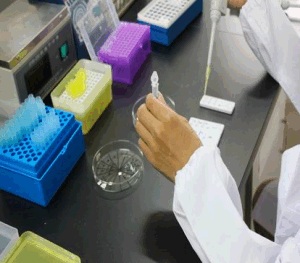NGAL is a new biomarker for the diagnosis of acute renal failure (ARF) or acute kidney injury (AKI) in international terminology. The main advantage of NGAL is its faster increase in concentration, especially when compared to other markers, when CKD is formed. At the same time, the increase in the level of NGAL is proportional to the severity of the developing kidney damage. Thus, NGAL enables early diagnosis and risk stratification during the development of acute renal failure and preventive treatment in time. Early diagnosis of acute renal failure enables clinical decisions to be made and proactive measures to be taken as soon as possible before acute renal failure occurs.
Clinical application. Chronic kidney disease occurs in approximately 5% of all hospitalized patients and more than 30% of intensive care unit patients, which dramatically increases the risk of morbidity and mortality. This means that the diagnostic method of measuring the level of creatinine in the blood can indicate the level of kidney dysfunction that occurs only a few days or more after the first kidney damage. With the help of this analysis, doctors can start appropriate treatment for acute kidney disease within hours, not after the kidney is damaged.
Field of application:
Intensive care unit (ICU). According to statistics, timely monitoring of patients in the ICU, where the risk of developing CKD, especially sepsis, in patients with severe trauma and significant blood loss, reaches 50%. The use of NGAL as an indicator of the risk of developing CKD for the screening of patients with ICU provides early warning of such a serious complication and increases the likelihood of a favorable outcome.
First and urgent aid. NGAL is a powerful, rapid and highly specific CKD marker for initial grouping of patients seeking emergency with an unknown diagnosis.
Surgery using an artificial circulatory system. Postoperative monitoring of NGAL levels provides timely information on the development of CKD caused by renal ischemia, as SPB is used.
Application of X-ray contrast preparations. Monitoring of NGAL level proves the occurrence of nephrotoxicity and CKD during the use of radiocontrast agents.
Kidney transplant. The post-transplant level of NGAL provides an accurate prediction of graft function and survival.
Liver and heart transplantation. Determination of the postoperative level of NGAL allows early detection and prevention of kidney problems.
Currently, you can take this test in the laboratory of "Medservis" Private Medical Center.

